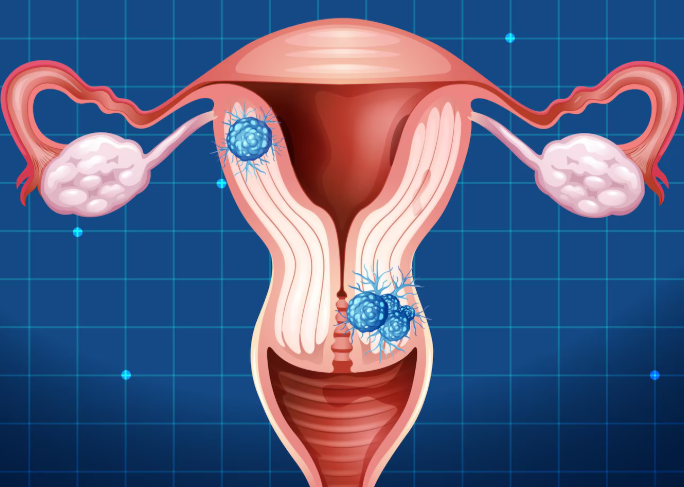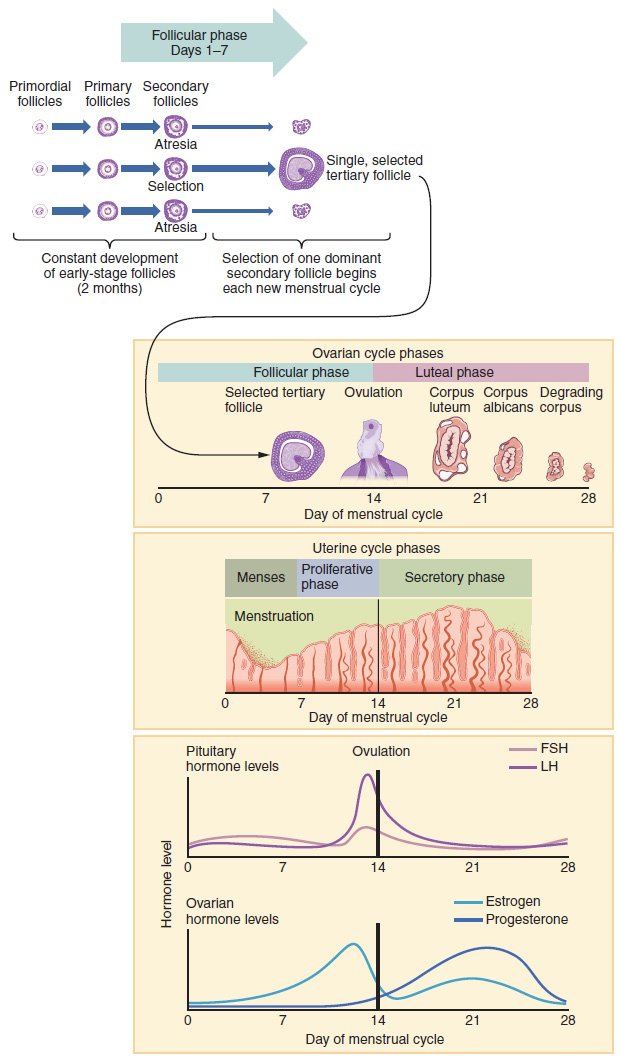Treatment Overview
Postpartum contraception counseling in Korea is a specialized service designed to help new mothers choose safe and effective birth control methods after childbirth. This counseling is an essential part of postpartum care, helping women recover while preventing unintended pregnancies and optimizing reproductive health.
In Korea, postpartum contraception counseling is provided by experienced gynecologists who integrate medical expertise with personalized care. The service includes evaluation of the mother’s health status, breastfeeding needs, menstrual cycle changes, and future pregnancy plans. The counseling process ensures mothers have the information needed to make informed decisions about contraception while considering their postpartum recovery.
Korea is recognized for its advanced reproductive health services, combining expert counseling with cutting-edge medical technologies, making it a trusted destination for postpartum contraception guidance.
Purpose & Benefits
The purpose of postpartum contraception counseling is to provide women with safe, effective, and suitable contraceptive options after childbirth. Key benefits include:
- Prevention of unintended pregnancy: Protects maternal health and provides adequate recovery time before the next pregnancy.
- Supports optimal birth spacing: Reduces risks associated with closely spaced pregnancies.
- Protection during breastfeeding: Certain contraceptives are compatible with lactation and maintain milk supply.
- Personalized care: Contraceptive methods are tailored based on health, breastfeeding status, and lifestyle.
- Empowerment and informed decision-making: Women gain clear understanding of contraceptive options and their implications.
Counseling in Korea prioritizes both medical safety and patient autonomy, ensuring mothers receive individualized recommendations based on their needs and health conditions.
Ideal Candidates
Postpartum contraception counseling is recommended for all women who have recently given birth and are seeking reliable birth control. Ideal candidates include:
- New mothers who want to delay another pregnancy.
- Women with health risks who require a specific contraceptive method.
- Breastfeeding mothers who need lactation-friendly contraception.
- Women with postpartum menstrual changes who want cycle regulation.
Korean clinics also offer tailored counseling for international patients and expatriates, with multilingual staff and culturally sensitive guidance.
Possible Risks & Complications
Postpartum contraceptive methods are generally safe, but risks vary depending on the method chosen. Potential issues may include:
- Hormonal contraceptives affecting milk supply (for breastfeeding mothers).
- Irregular menstrual bleeding.
- Hormonal side effects such as mood changes or nausea.
- Blood clot risks, particularly in the early postpartum period for certain methods.
Korean postpartum contraception counseling includes thorough health screening and risk assessment to ensure safe and appropriate recommendations.
Techniques Used
Postpartum contraception counseling in Korea involves:
- Comprehensive health evaluation: Reviewing birth history, breastfeeding status, and medical conditions.
- Personalized method selection: Options include hormonal pills, progestin-only methods, IUD insertion, implants, barrier methods, and natural family planning.
- Education on timing: Guidance on when contraception can be initiated postpartum.
- Safety considerations: Addressing risks related to breastfeeding and recovery.
Korea’s clinics use advanced diagnostic tools and electronic health record systems to track postpartum care and contraceptive plans efficiently.
Recovery & Aftercare
Postpartum contraception counseling itself does not require recovery, but certain contraceptive methods may involve procedures that need short recovery time. For example:
- IUD insertion: May involve mild cramping for a few days.
- Implant insertion: Minor discomfort and bruising at the insertion site.
Follow-up consultations are common to ensure the chosen method is effective and well-tolerated. Korean clinics provide both in-person and telemedicine follow-ups to ensure continuous care during the postpartum period.
Results & Longevity
Effective postpartum contraception helps women prevent unintended pregnancies and space births appropriately. Depending on the method chosen:
- Hormonal pills require daily intake.
- Implants and IUDs provide protection for several years.
- Barrier methods offer short-term protection with use.
Postpartum contraception can be adjusted at any time based on changes in health, breastfeeding status, or family planning goals.
Treatment Process in Korea
The process for postpartum contraception counseling in Korea is streamlined and patient-focused:
- Initial Consultation: Assessment of postpartum health, breastfeeding, and contraceptive needs.
- Health Screening: Optional blood tests and examinations to evaluate health risks.
- Personalized Recommendation: Selection of a method suitable for health, lifestyle, and preferences.
- Education: Detailed instructions on use, side effects, and follow-up schedules.
- Follow-Up Care: Monitoring of health and adjustment of methods if necessary.
Korea’s reputation as a leader in reproductive health care stems from its advanced facilities, highly trained gynecologists, and commitment to patient safety and comfort. Hospitals offer tailored postpartum programs, combining contraception counseling with overall maternal health care, ensuring a holistic approach to postpartum recovery.
Cost Range
- Initial Counseling: ₩120,000–₩200,000 KRW ($100–$160 USD).
- Contraceptive Prescription or Device: ₩30,000–₩800,000 KRW ($25–$650 USD) depending on the method.
- Follow-Up Care: ₩50,000–₩120,000 KRW ($40–$100 USD).
Comprehensive postpartum contraception packages, including counseling, prescription, and follow-up, can range from ₩300,000–₩1,000,000 KRW ($240–$800 USD) depending on the chosen method and clinic.
Popular Clinics in Korea
- Severance Hospital – Yonsei University Women’s Health Clinic
- Samsung Medical Center – Obstetrics & Gynecology Department
- Asan Medical Center – Women’s Health Unit
- CHA Bundang Women’s Hospital – Postpartum Care Division
- Ewha Womans University Medical Center – Gynecology Department




